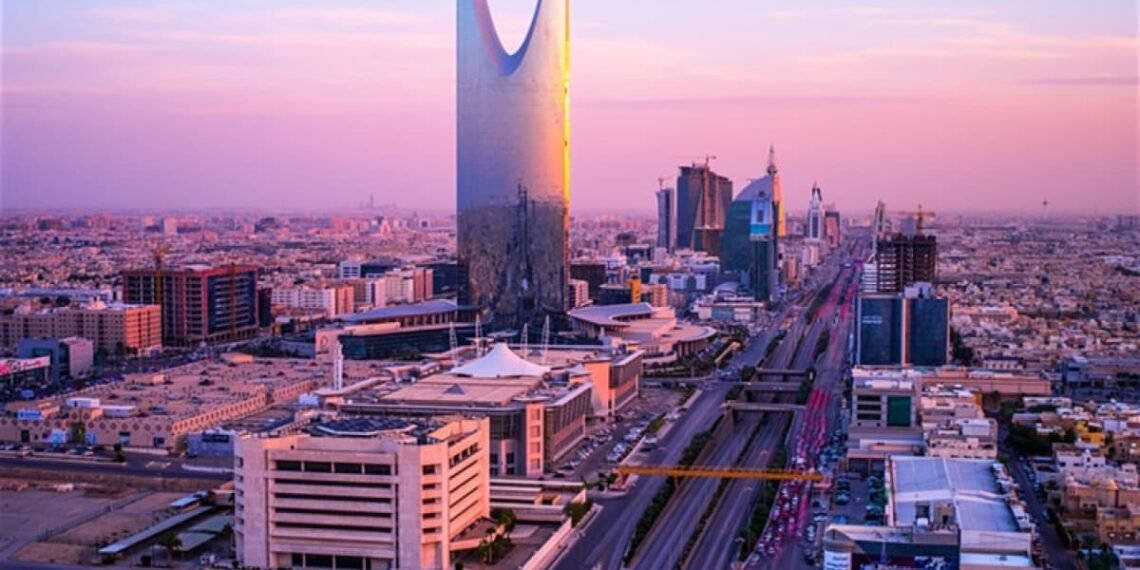Saudi Arabia, the world’s largest exporter of crude oil, and India, the third-largest importer, have announced a strategic partnership to enhance cooperation in the energy sector.
This landmark agreement, made on Wednesday during Indian Prime Minister Narendra Modi’s visit to Saudi Arabia, underscores both nations’ shared commitment to bolstering energy security and fostering economic growth.
According to the Saudi Press Agency, the agreement stemmed from a shared desire to stabilize global oil markets, improve energy security, and accelerate clean energy transitions while ensuring mutual economic benefits.
“We agreed to work with the Kingdom to enhance the stability of global oil markets and to balance global energy market dynamics.
“There is the need to ensure security of supply for all energy sources in global markets.”
Indian Prime Minister Narendra Modi’s visit to Saudi Arabia
Central to the agreement is an ambitious plan to collaborate on the establishment of two refineries in India.
The joint statement announced the creation of a High-Level Task Force to oversee the refinery projects, which will form a critical part of India’s efforts to meet soaring fuel and petrochemical demand.
One of the most ambitious aspects of the partnership includes collaboration on India’s Strategic Petroleum Reserve Program. Saudi Arabia, which has long been a key supplier of oil to India, is expected to contribute to bolstering India’s energy security by participating in storage and supply chain development.
In addition to hydrocarbons, both nations agreed to jointly explore the “innovative uses of hydrocarbons” and to accelerate cooperation on electricity generation, renewable energy, and smart grid technologies.
A detailed joint study on electrical interconnection between Saudi Arabia and India is reportedly nearing completion, with the goal of enabling direct power exchange between the two countries.
Green Hydrogen and Clean Energy Transition

Highlighting a future-oriented approach, Saudi Arabia and India emphasized their commitment to clean energy solutions—particularly green hydrogen.
They pledged to stimulate demand, improve hydrogen transport and storage infrastructure, and exchange best practices to promote hydrogen adoption in both domestic and international markets.
“Green hydrogen presents a transformative opportunity for the global energy landscape.
“Our cooperation with India will accelerate innovation and build resilient energy systems that are sustainable and future-ready.”
Dr. Khalid Al-Falih, Saudi Arabia’s Minister of Investment
Energy efficiency was also a major area of focus. The two nations planned to implement awareness campaigns and policy cooperation to rationalize energy consumption in buildings, industry, and transportation sectors.
Beyond energy collaboration, the partnership includes a strong environmental dimension. Both sides reaffirmed their commitment to the United Nations Framework Convention on Climate Change and the Paris Agreement, agreeing that climate policies should prioritize emissions reduction rather than targeting specific energy sources.
India lauded Saudi Arabia’s efforts through the Saudi Green Initiative and Middle East Green Initiative, which aim to plant billions of trees, reduce carbon emissions, and transition toward renewable energy.
In return, Saudi Arabia acknowledged India’s leadership in global environmental initiatives such as the International Solar Alliance, the One Sun-One World-One Grid project, the Coalition for Disaster Resilient Infrastructure (CDRI), and Mission LiFE (Lifestyle for Environment).
“India’s proactive approach to climate action through global partnerships sets a valuable example.
“We see enormous potential in learning from and contributing to such initiatives.”
Prince Abdulaziz bin Salman, Saudi Arabia’s Minister of Energy
The two countries also agreed to promote the Circular Carbon Economy (CCE) framework—a model that focuses on reducing, reusing, recycling, and removing carbon emissions.
This includes developing technologies and regulations that support sustainable carbon management practices.
The energy agreement between Saudi Arabia and India underscores a growing bilateral relationship rooted in shared priorities and mutual benefits.
By committing to refinery development, crude supply cooperation, and broader energy initiatives, both nations are positioning themselves as leaders in navigating the complexities of global energy markets.
READ ALSO: Zelenskyy Heads To South Africa For Talks





















